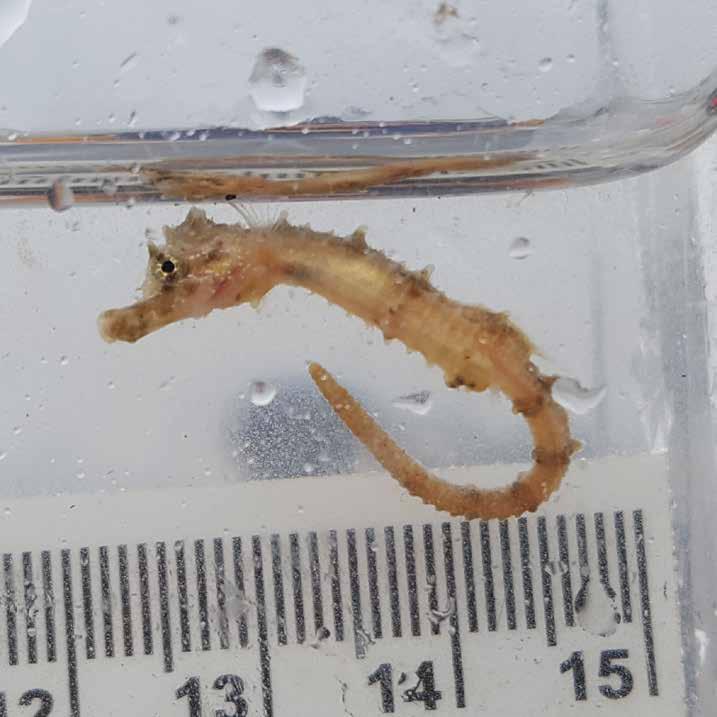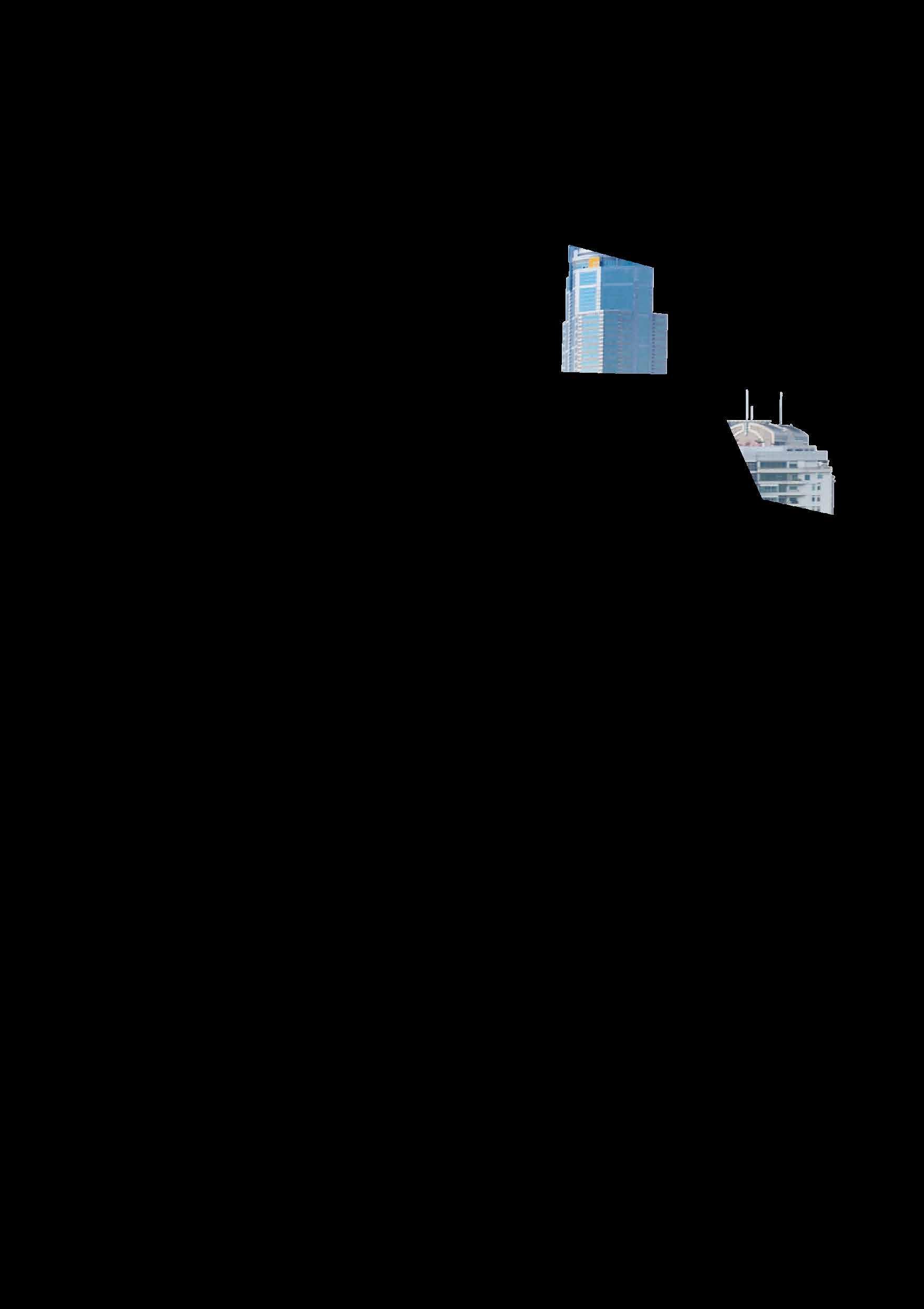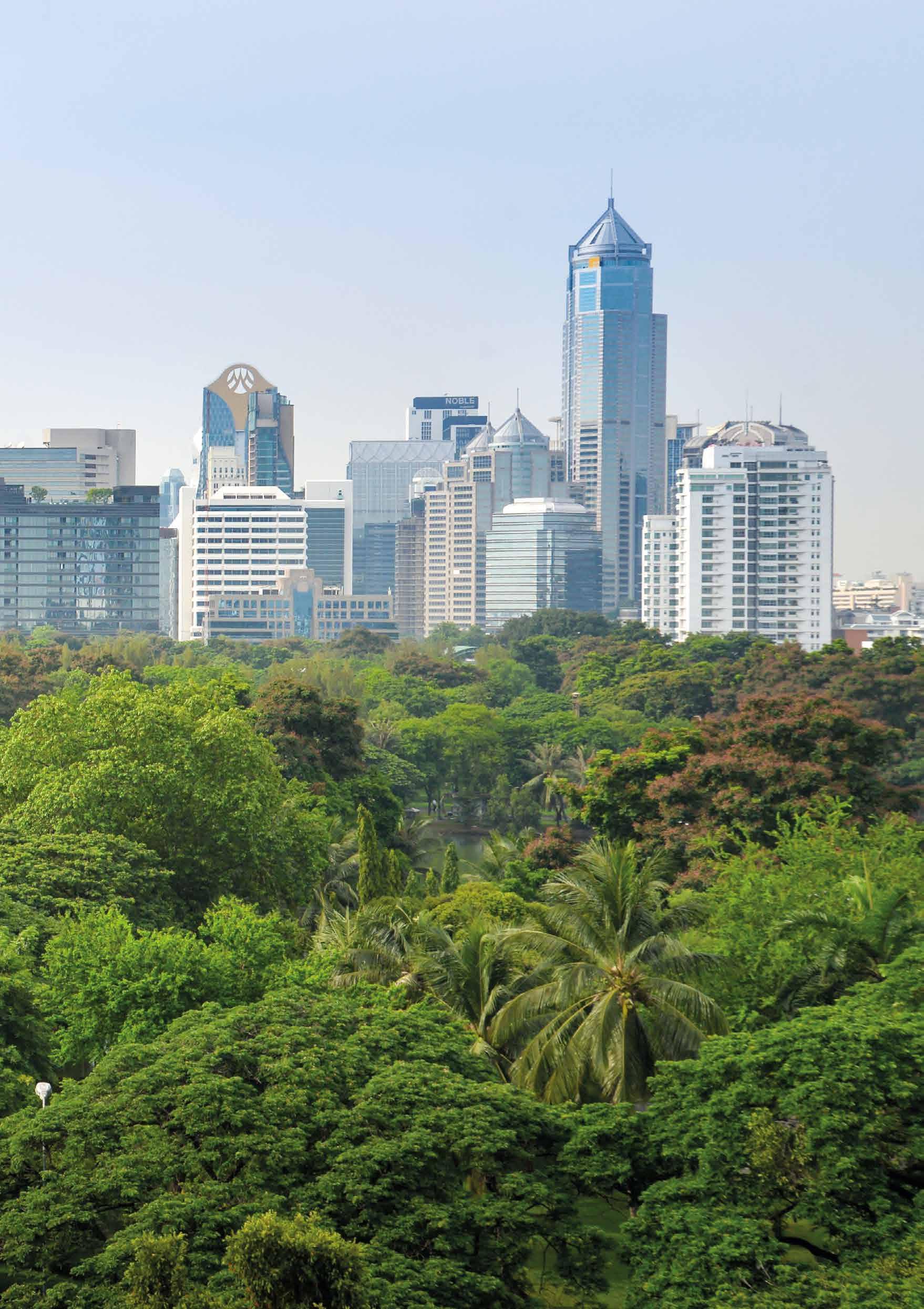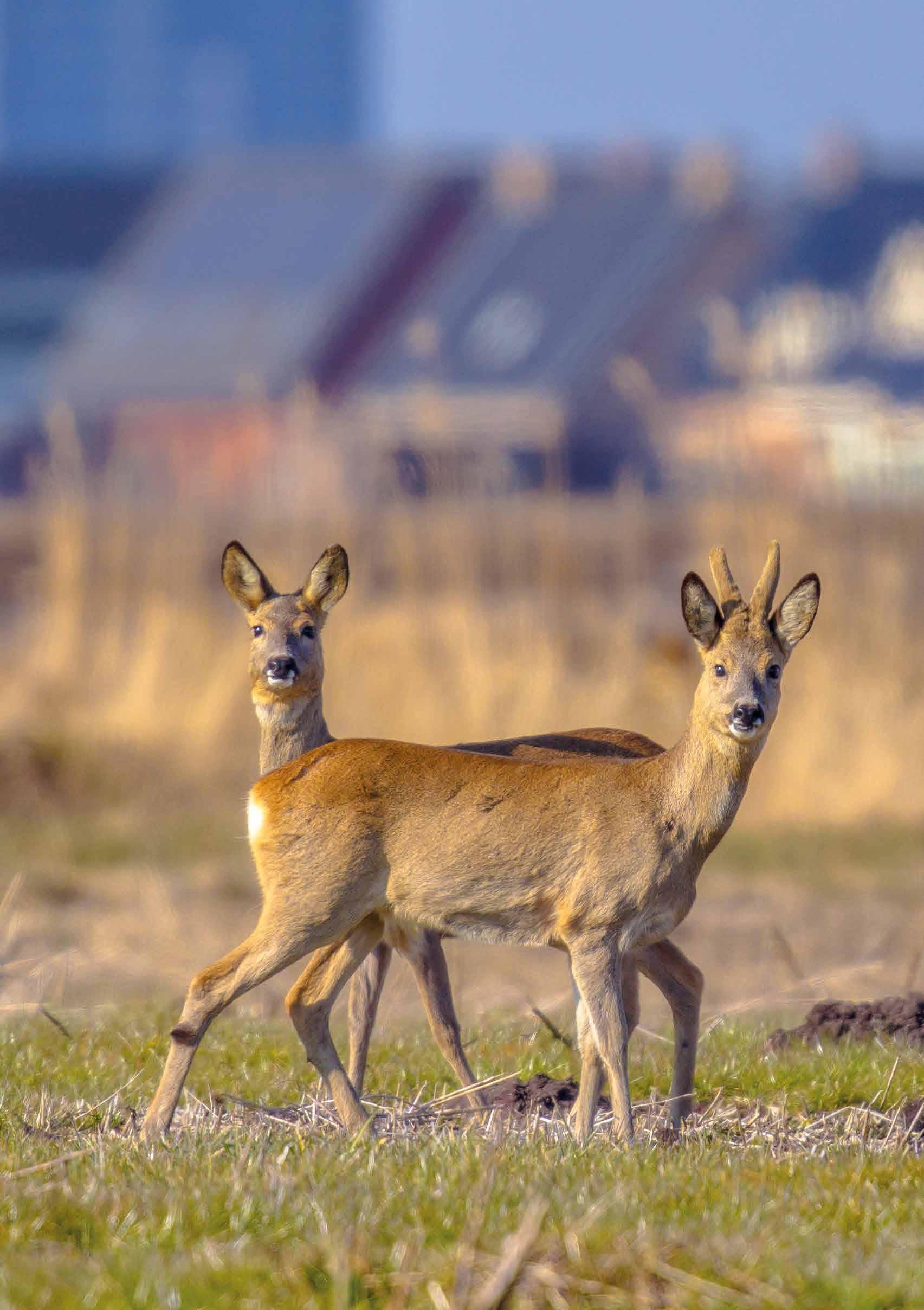
2 minute read
Foreword: Dr Nathalie Pettorelli, Senior Scientist, ZSL
from Rewilding our cities
by ZSL
FOREWORD CONSERVATION STARTS AT HOME
by Dr Nathalie Pettorelli, Lead Author
Advertisement
A Senior Scientist at the ZSL Institute of Zoology, Nathalie’s main research focus is on assessing, predicting and mitigating the impacts of global environmental change on wildlife. A climate change ecologist and rewilding expert, her scientific achievements include demonstrating how satellite data can be used to support vulnerability assessments of species and ecosystems to climate change, to pioneering social media as a source of data for species on the move due to climate change. Nathalie has published several books and over 200 scientific contributions on the topics of biodiversity monitoring, conservation and wildlife management.
Bisons roaming endless prairies, wolves chasing elks across snowy landscapes, golden eagles preying on inattentive hares; these are the types of images of distant places devoid of human presence that generally pop into people’s minds when talking about rewilding. Rarely do people associate the concept of rewilding with urban settings, despite the huge potential for urban rewilding to boost biodiversity and ecosystem services in our cities.

In this report, we argue that this perception bias needs to be addressed, and explore how rewilding could work for urban ecosystems, looking at potential benefits, opportunities, challenges and ways forward. Crucially, we make the point that urban nature is in dire need of visibility, support and respect, given its critical role in supporting the health and wellbeing of more than half of the human population in the world. Admittedly, urban rewilding is unlikely to help recover the giraffe and lion populations of this world, but rewilding our cities isn’t just about what it can do for improving species conservation statuses. It’s also about what it can do for human-wildlife coexistence, and how it could help many of us to re-learn to live with, value and make place for nature, recognising that we all have a role to play to help address the environmental crises we are facing. A well-known adage says that “charity starts at home”; one could argue that conservation starts at home too. And home, for the majority of us, is a city or a town.
Snouted seahorse in the River Thames . © ZSL
High rise buildings around Lumphini park, Bangkok, Thailand. © Niradj, Shutterstock.


Roe deer in the Netherlands. © Rudmer Zwerver, Shutterstock.










